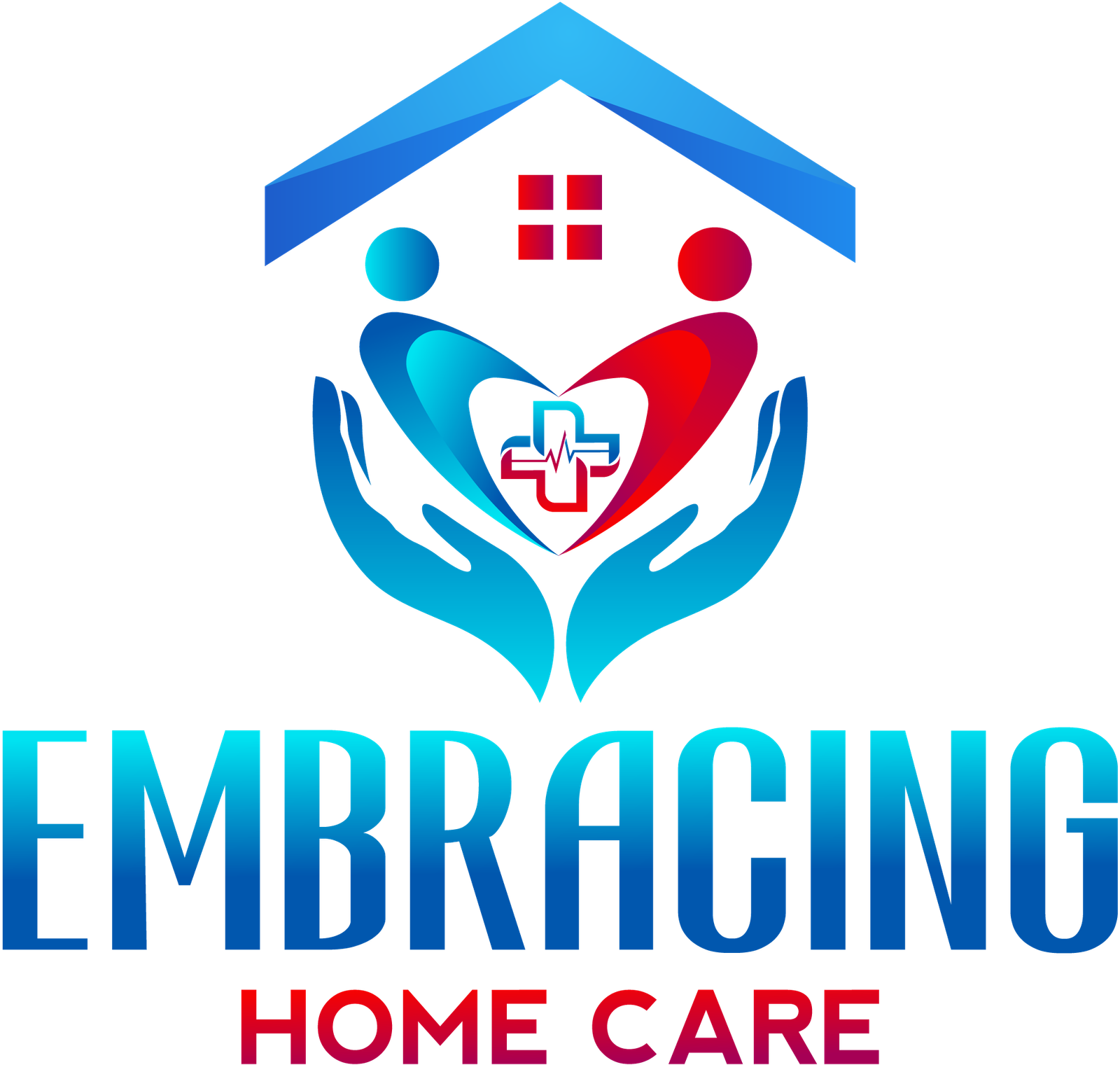Introduction
In the landscape of eldercare, individuals and families are often faced with the decision between home health care and assisted living for their loved ones. This choice carries profound implications for the quality of life, autonomy, and overall well-being of seniors. While both options aim to provide support and assistance, they differ significantly in their approach and setting. Understanding the complexities and nuances of this decision is crucial in ensuring that seniors receive the care that best suits their needs and preferences. In this article, we will explore the distinctions between home health care and assisted living, examining their historical context, recent developments, and the ongoing debates surrounding them. By delving into the layers of this subject, we aim to provide clarity and insight for individuals and families navigating these critical decisions.
Unpacking the Layers of Home Health Care versus Assisted Living
Home health care involves the provision of medical and non-medical services to seniors within the comfort of their own homes. This option allows seniors to age in place while receiving personalized care tailored to their needs. In contrast, assisted living facilities offer a communal living environment with on-site support services, including assistance with activities of daily living, medication management, and recreational activities. Understanding the differences in care delivery, environment, and level of independence is essential in making an informed decision.
External Resource: AARP – Home Health Care vs. Assisted Living
Navigating the Challenges and Debates Assisted
One of the main challenges in choosing between home health care and assisted living is balancing the desire for independence with the need for assistance and supervision. Additionally, financial considerations, such as the cost of care and available insurance coverage, often weigh heavily on families’ decisions. Ethical dilemmas may arise concerning the quality of care provided in both settings and the potential for social isolation in home-based care. Addressing these challenges requires careful consideration of individual preferences, care needs, and available resources.
External Resource: National Institute on Aging – Long-Term Care Choices
Real-world Echoes: Case Studies and Applications Assisted
Consider the case of Mrs. Smith, an 80-year-old widow with mobility issues and early-stage dementia. Her family is torn between arranging for home health care services to allow her to remain in her beloved home or transitioning her to an assisted living facility for round-the-clock support and social interaction. By exploring the options with the guidance of healthcare professionals and considering Mrs. Smith’s preferences, values, and safety, they can make an informed decision that promotes her well-being and quality of life.
Conclusion
In conclusion, the decision between home health care and assisted living is a deeply personal one that requires careful consideration of multiple factors. By understanding the distinctions, challenges, and real-world applications of each option, individuals and families can make choices that align with their loved ones’ needs and preferences. Embracing the complexities of this decision-making process empowers seniors to live with dignity, autonomy, and the support they deserve.
Q&A Section:
Q1: What are the main differences between home health care and assisted living? A1: Home health care provides medical and personal assistance in the home setting, while assisted living offers a residential environment with on-site services and amenities.
Q2: How do I determine which option is best for my loved one? A2: Consider factors such as the individual’s medical needs, level of independence, desire for socialization, and financial resources when evaluating home health care versus assisted living.
Q3: What are some common misconceptions about these two options? A3: One common misconception is that assisted living is only for individuals with severe medical conditions, while home health care is only for short-term rehabilitation. In reality, both options can accommodate a range of needs and preferences.
Q4: How can I find reputable home health care agencies or assisted living facilities? A4: Research online, ask for recommendations from healthcare providers or friends and family, and visit potential providers in person to assess their services, amenities, and staff qualifications.
GET IN TOUCH
Call now for a free consultation
Are you looking for compassionate and reliable home care services in Orange, Osceola, Brevard, or Seminole counties? Look no further than our professional team at Embracing Home Care! Our highly trained caregivers provide personalized care for seniors and individuals with disabilities, ensuring that they can continue to live independently in the comfort of their own homes. With a variety of services including personal care, transportation, meal preparation, and companionship, we strive to improve the quality of life for our clients and provide peace of mind for their families. Contact us today at 321-758-2036 to learn more about our affordable and flexible home care options and to schedule a consultation with one of our care coordinators. Let us help you or your loved one live life to the fullest! We serve Central Florida cities like Orlando, Apopka, Ocoee, Winter Garden, Sanford, Altamonte Springs, Casselberry, Palm Bay, Melbourne, Titusville, Kissimmee, St. Cloud, Celebration, Lake Mary, Oviedo, Longwood, Winter Springs, Cocoa Beach and more.
